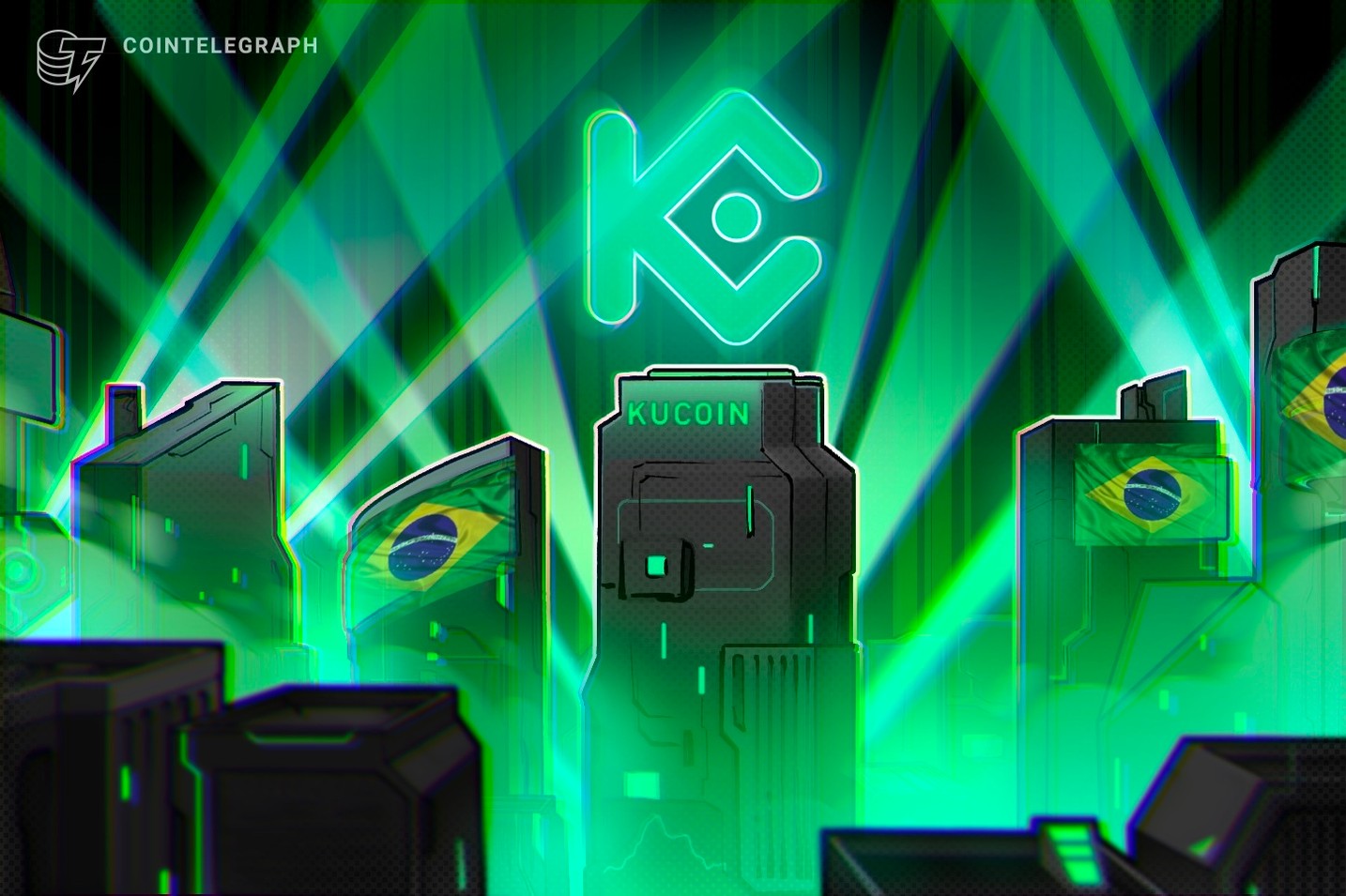
KuCoin Pay Launches Integration with Brazil's Pix Payment System
The recent integration of KuCoin Pay with Brazil’s Pix network allows users to convert cryptocurrencies into local currency for transactions.
KuCoin Pay has officially connected with Pix, Brazil’s government-managed instant payment network, enhancing its capabilities for users to exchange and utilize cryptocurrencies at any business that accepts Pix QR codes.
This development capitalizes on a massive user base for crypto, as approximately 26 million Brazilians—about 12% of the country’s population—are currently involved with digital assets, based on a recent announcement from the exchange.
The integration facilitates immediate conversion from cryptocurrencies to Brazilian real, which enables users to move funds from KuCoin accounts directly to any Brazilian bank or pay vendors through Pix.
Additionally, it offers advanced wallet capabilities for managing both digital and traditional currencies via the KuCoin application.
Pix, which was introduced in 2020 by the Central Bank of Brazil, caters to over 175 million users.
As per CoinMarketCap, KuCoin ranks as the eighth-largest cryptocurrency exchange worldwide, boasting a trading volume exceeding $6.2 billion.
Brazil’s Crypto Adoption Leadership
An October report by Chainalysis noted that Brazil contributes to nearly a third of all cryptocurrency transactions in Latin America, with a staggering $318.8 billion in transaction volume from July 2024 to June 2025. This notable trend has drawn various new initiatives from both domestic and international entities.
Recently, Itaú Asset Management, the largest private asset manager in Brazil, created a division dedicated to cryptocurrency and appointed João Marco Braga da Cunha, a former executive at Hashdex, to lead it. This firm manages a staggering 1 trillion reais (approximately $186 billion) in client funds.
Moreover, the fintech company Crown raised $8.1 million to launch a new Brazilian real-denominated stablecoin aimed at facilitating institutional access to Brazil’s lucrative fixed-income sector.
In early November, Banco Inter, a digital bank in Brazil, concluded a blockchain-based trade finance pilot in collaboration with Chainlink, the Central Bank of Brazil, and the Hong Kong Monetary Authority, showcasing how blockchain can enhance cross-border financial flows.
Finally, Coinbase announced it would introduce its decentralized trading option, “DeFi Mullet,” to Brazilian users, allowing seamless access to thousands of tokens directly via their app.
While the landscape is evolving, uncertainty remains regarding regulatory frameworks following Brazil’s tax reform in June, which introduced a flat 17.5% tax on all crypto capital gains.



